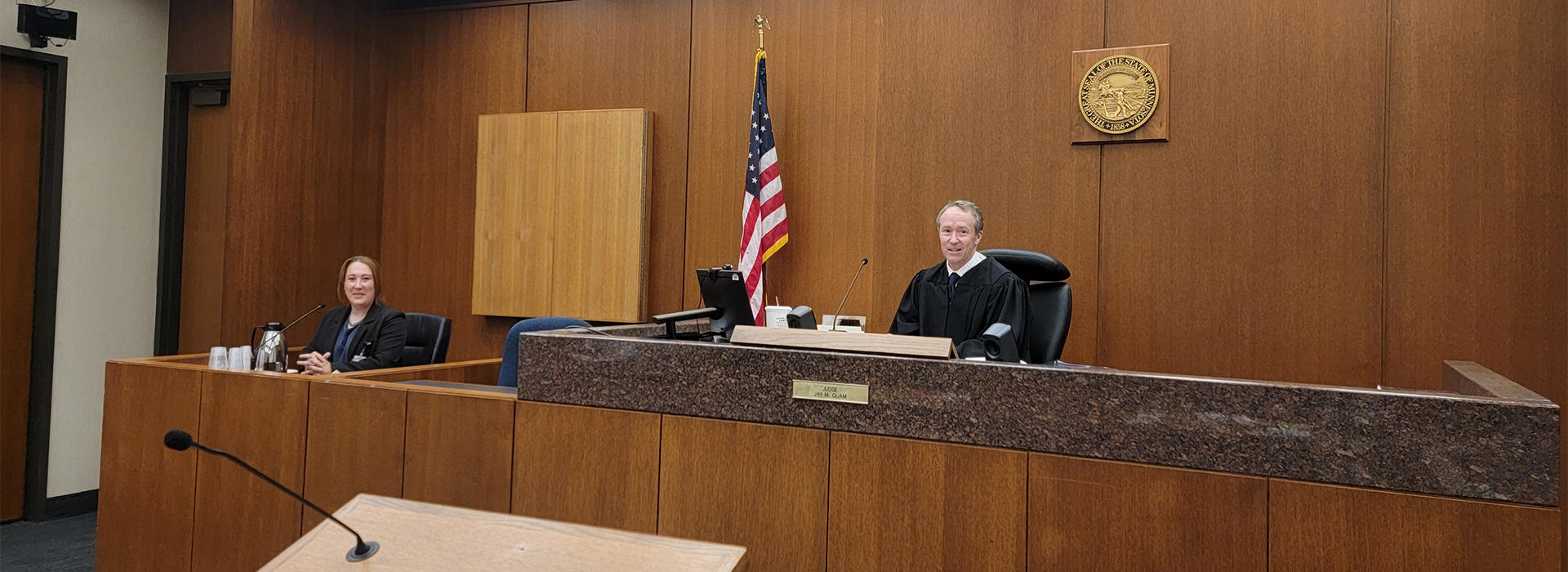
Forensic Psychiatry Fellowship
Forensic Psychiatry Fellows develop the skills, knowledge, and attitudes leading to proficiency in psychiatric expertise in legal matters; systems issues involved in mental health care delivery to forensic populations; and legal regulation of psychiatric practice.
Statements and Values
Antiracism Statement
The Department of Psychiatry and Behavioral Sciences condemns racism, discrimination, and oppression in all forms. We affirm that racism and oppression are public health crises with serious mental health consequences for the communities we serve.
We commit to listen to and promote Black, Indigenous and people of color. We also commit to amplify their calls for change. We have work to do. We are part of a system that has allowed racial disparities in medical outcomes to persist for far too long.
We affirm the Joint Statement on Antiracism put forth by the Association for Academic Psychiatry that condemns the long history of structural racism in our institutions. As psychiatrists and educators, we pledge to take the lead in educating ourselves and others to address these issues head-on.
Our work is guided by the following principles:
-
Amplify the voices of those most directly affected by racism and oppression to restore justice. Racism and oppression are not their responsibility to solve; the responsibility to dismantle racism falls on those who have benefited from it
-
Ensure a just, equitable, and inclusive educational, clinical, and research environment. Our Diversity and Inclusion Committee’s mission statement and ongoing initiatives address diversity in all forms as the path to excellence in each of our mission areas
-
Take all needed steps to identify and dismantle unjust and inequitable systems, as individuals and collectively. This includes systems of white supremacy, a political or socioeconomic system in which white people benefit from a structural advantage (privilege) over other ethnic groups, on both a collective and individual level, and other forms of oppression and discrimination within our medical school, our university, and society at large.
In line with these departmental principles, the UMN Psychiatry and Behavioral Sciences Education Council commits to the following actions:
-
Lead and engage in national conversations on racial justice and the dismantlement of systems of white supremacy in Psychiatry and Behavioral Sciences based on what we have learned by listening to Black, Indigenous, and people of color in Minnesota following the killing of George Floyd as a result of police brutality by former members of the Minneapolis Police Department. Additionally, we will author and post a statement naming George Floyd and summarizing these perspectives.
-
Affirm and broadcast our anti-racism statement and action steps on our websites, social media accounts, and other internal and external communications
-
Implement the curriculum developed by the American Psychiatric Association Black Caucus, entitled, “Stress and Trauma Toolkit: for Treating Historically Marginalized Populations in a Changing Political and Social Environment” in Departmental graduate medical education programs
-
Engage in proactive outreach, support, and mentorship of Black, Indigenous, and people of color, including current trainees, matched trainees and applicants engaged in the recruitment process
-
Use the lens of diversity as a driving factor during recruitment and applicant ranking activities, utilizing best practices as outlined by the Department’s Diversity and Inclusion Committee.
Diversity & Inclusion
The University of Minnesota Psychiatry Fellowship Program is committed to training a diverse generation of future psychiatrists. We firmly believe that practitioners should represent multiple backgrounds, life experiences, and viewpoints to best serve our patients and advance the field of psychiatry. Our recruitment process is mindful of every applicant’s complex background including racial identity, ethnic identity, sexual identity, gender identity, socioeconomic status, disability, religious practice, and geography. We actively recruit and support diverse residents with an understanding that these residents will strengthen our program, enhance our delivery of patient care, and foster change to reduce healthcare disparities.
Training
Apply
Eligibility Criteria
Prior to appointment in the program, fellows must have satisfactorily completed either an ACGME-accredited general psychiatry program or a general psychiatry program in Canada accredited by the RCPSC.
Instructions to Applicants
Applications for the 2025-2026 academic year will be reviewed beginning May 1, 2024. Interviews will occur beginning August 1, 2024. All programs are expected to abide by the ADFPF Communication Guidelines during the recruitment process, which can be downloaded below. Please submit a completed application and required documents to the program coordinator.
ADFPF Communication Guidelines
Visa Sponsorship Policy
J-1 Visa - Alien Physician: The standard visa for residents/fellows who are not United States Citizens or permanent residents, issued by the Education Commission on Foreign Medical Graduates.
J-2 Visa - Issued to the dependent of a J-1 visa holder.
H-1B Visa – may be considered on a case by case basis and is contingent on approval of funding for the same.
Application Address
Applications to be submitted to:
Gao Sheng Lee - leex4474@umn.edu
By mail:
Gao Sheng Lee
Forensic Fellowship Coordinator
F256/2A West
Department of Psychiatry & Behavioral Sciences
Minneapolis
MN. 55454-1495
Didactics, Seminars & Conferences
Fellows will have protected time to attend scheduled didactics for 6 to 7 hours each week. A brief summary of the fellowship curriculum is provided below:
- Clinical Case Conference: This is a weekly conference. The focus of this conference will be the clinical practice of Forensic Psychiatry. Each week one fellow will present an ongoing case for a faculty and peer case discussion.
- Forensic Core Curriculum: This year-round lecture series will cover all the core topics in the theory and practice of forensic psychiatry. Fellows will be provided with a detailed schedule at the beginning of the training year.
- Landmark Cases Class: This will be a weekly class focused on Landmark cases in Mental Health Law. This will be taught by the Honorable Judge Jay Quam.
- Research and Scholarship Seminar: In this weekly seminar residents will develop skills to review medical and legal literature in forensic psychiatry, enhance their report writing skills, explore the theoretical and practical foundations of mental health law and contribute to literature in forensic psychiatry. All fellows will develop and execute research projects that will be presented towards the end of the training year. Fellows will be provided encouragement and support for publication of their research.
- Legal Digest Seminar: In this session fellows will familiarize themselves with new legal opinions from state courts and federal courts where issues pertaining to forensic psychiatry are the primary focus.
- Grand Rounds at the University of Minnesota: Faculty at the Department of Psychiatry organizes grand rounds on a weekly basis which are presented by prominent department faculty and guest speakers. This will be attended by the fellows on an elective basis.
- Didactics at the University of Minnesota Law School: The program has collaborated with the University of Minnesota Law School’s Centre for New Americans. As part of this collaboration, fellows will attend a select set of didactics and classes with law students that have relevance to forensic psychiatric evaluations in the immigration setting.
Conferences
Annual Meeting of the American Academy of Psychiatry and the Law
The program will provide funding to all fellows to attend the annual meeting of AAPL during their training year. This will cover travel, meals, accommodation and registration expenses.
Salary and Benefits
Salary and Benefits
Salary
- Approx. $46.23/hr. ($96,528/annually)
Benefits
- Medical and Dental benefits through MN DHS
- Pension and Life Insurance
- HSA and Retirement Account (457b)
Other Fringe Benefits
- All fellows will attend the Annual meeting of AAPL and the three day Review Course before the meeting at the program’s expense.
- Fellows will be reimbursed for mileage at the IRS rate for any driving during the fellowship outside of their primary training site (University of Minnesota Medical Center).
Training Sites
MN DHS Direct Care And Treatment- Forensic Division St. Peter
The State of Minnesota Department of Human Services administers multiple programs at the St. Peter Regional Treatment Center including the Minnesota Security Hospital (the state's sole secure psychiatric facility), the Minnesota Sex Offender Program, the Forensic Nursing Home and a Transition to Community program. The Minnesota Security Hospital houses approximately 250 persons including insanity acquittees, individuals civilly committed as Mental Ill and Dangerous, and individuals admitted for Restoration to Competency.
In addition, the Forensic Network (a group of mental health evaluators) provides Forensic Evaluation Services to Courts in several counties in the state pertaining to issues related to Competence to Stand Trial, Criminal Responsibility, Risk Management in Sex Offenders, Risk Management in Violent Offenders, Transition of Care for Forensic Inpatients. At St. Peter Regional Treatment Center Fellows will rotate through each of these programs and will receive supervision on issues pertaining to the special forensic population housed at each of the programs.
University Of Minnesota Medical Center
The Division of Forensic Psychiatry is located within the Department of Psychiatry at the University of Minnesota Medical Center. This will be the main site for fellow didactics and seminars. This will also be the site for the Law and Psychiatry Rotation. This is a year-long rotation wherein fellows will receive assignments from a myriad of referring agencies and courts including the Hennepin and Ramsey County Courts, Private Law Firms, the Center for New Americans at the University of Minnesota Law School and Others. Fellows will be under direct supervision of the Program Director at this site.
University of Minnesota Forensic Psychiatry Court Clinic
The Court Clinic receives referrals for forensic psychiatric evaluations from counties throughout the state of Minnesota. Fellows serve as Court Examiners in these matters in Criminal Court or Probate Mental Health Court. On a weekly basis, fellows will perform forensic evaluations, submit reports to the court and offer testimony when required by the referring Court. Under supervision, each fellow is assigned to serve as examiner on two criminal forensic cases per month. Additionally, fellows also serve as examiners on involuntary treatment courts in one of the counties served by the program.
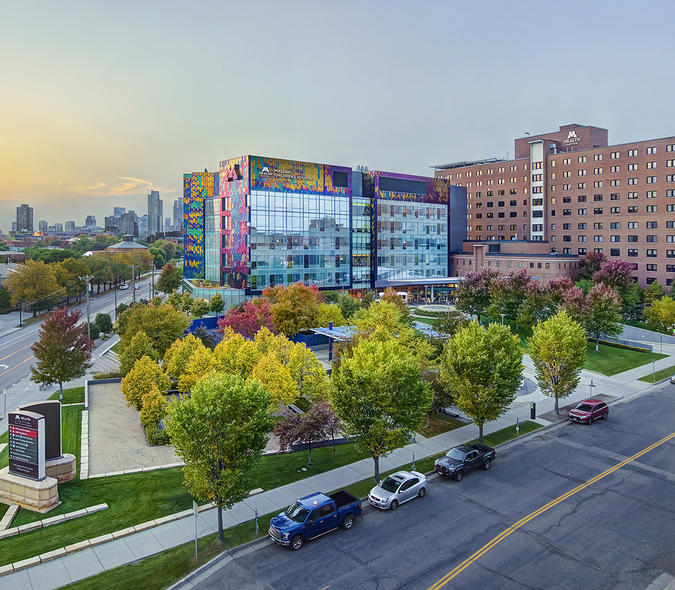
Center For New Americans
The Center for New Americans was founded at the University of Minnesota Law School in 2013. Its mission is to expand urgently needed legal services for noncitizens, pursue litigation that will improve the nation's immigration laws, and educate noncitizens about their rights. One of the three clinics at the Center includes the Immigration and Human Rights Clinic that represents asylum seekers fleeing persecution in their home countries. As part of their training, Forensic Psychiatry fellows will work in conjunction with student attorneys at this clinic and provide consultation on cases involving individuals who are seeking asylum and related forms of relief.
Contacts
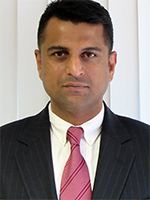
Chinmoy Gulrajani, MBBS, DFAPA
Director, Forensic Psychiatry Fellowship
cgulraja@umn.edu
612-273-9731

Gao Sheng Lee
Forensic Fellowship Coordinator
612-624-6949
leex4474@umn.edu
Program Faculty and Fellows
Program faculty include a diverse group of psychiatrists and psychologists with varying areas of expertise and backgrounds. Over the two year program, fellows will have the opportunity to work with many of our division faculty, as well as providers from other systems in the twin cities metro area. Below, is a list of the program faculty who nearly all fellows encounter during their time here, listed by their primary role. There are additional departmental and division faculty involved in our program via presentation of didactics, elective experiences, service coverage, research opportunities and consultation.
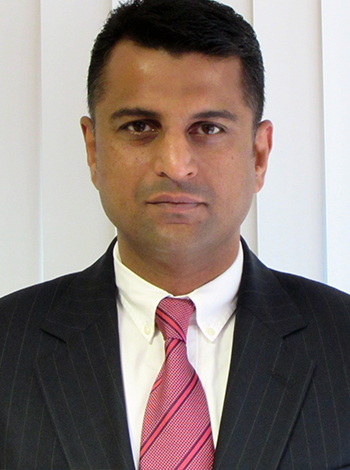
Chinmoy Gulrajani, MBBS, DFAPA
Director, Forensic Psychiatry Fellowship
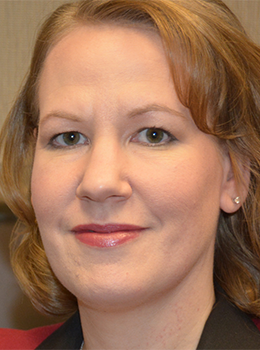
KyleeAnn Stevens, MD, DFAPA
Executive Medical Director | Direct Care and Treatment
Minnesota Department of Human Services
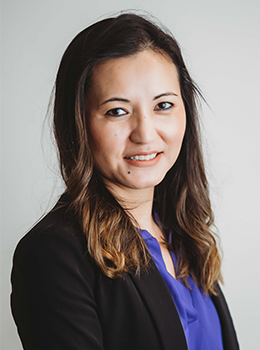
Soniya Hirachan, MBBS, MD
Executive and Medical Director, Forensic Services | Direct Care and Treatment
Minnesota Department of Human Services
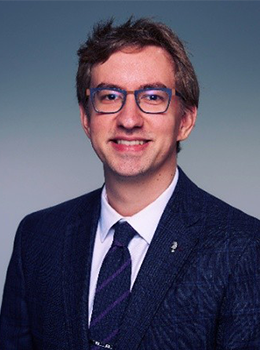
Matt Kruse, MD, MBA
Forensic Psychiatrist
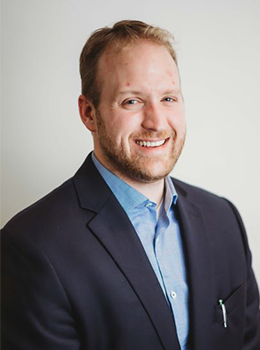
Joshua Griffiths, MD
Forensic Psychiatrist
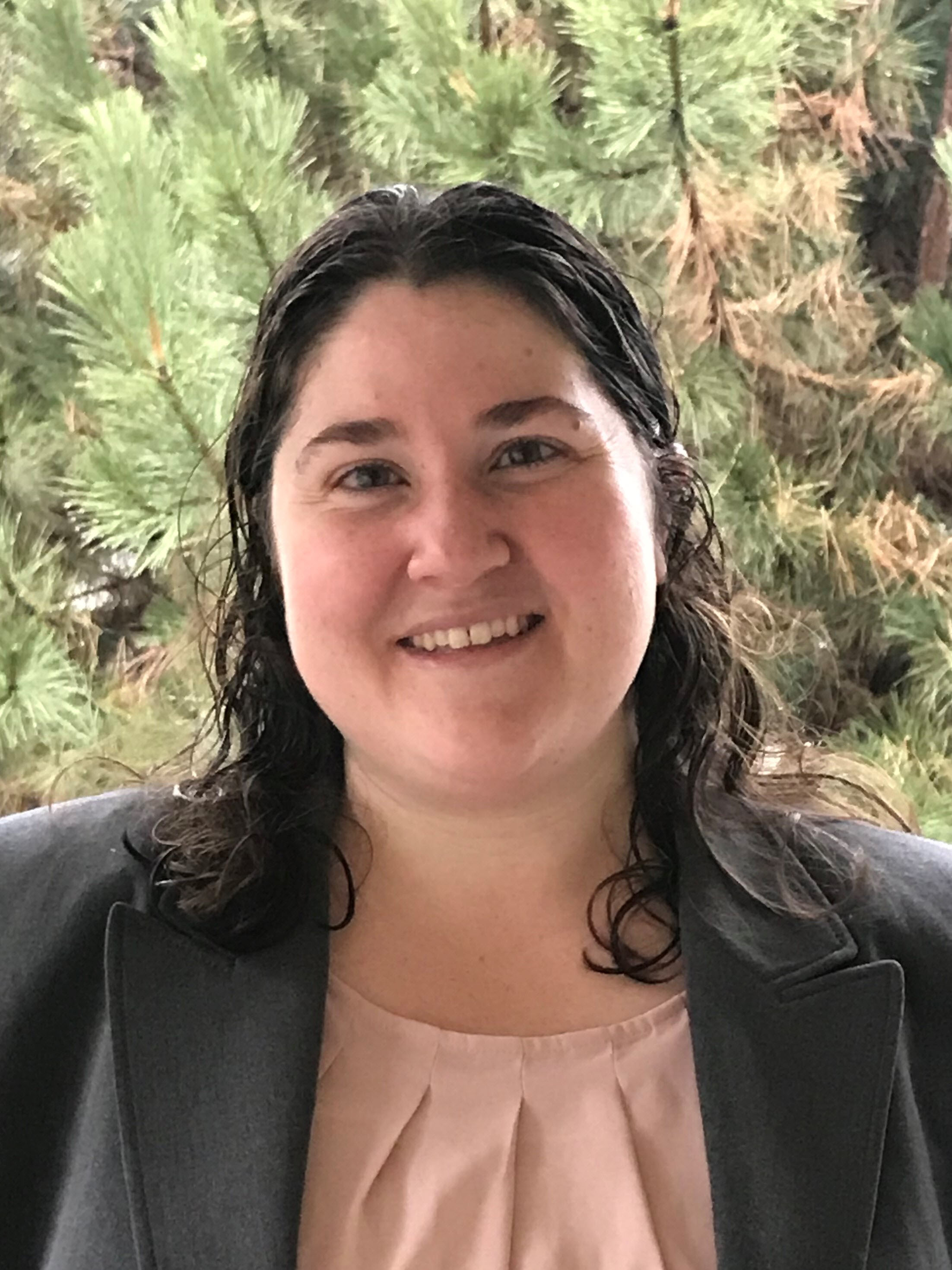
Christine Prato, MD
Forensic Psychiatrist
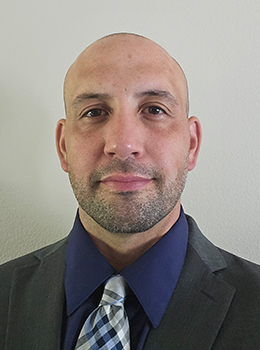
Jacob Chavez, PsyD, ABPP
Forensic Psychologist
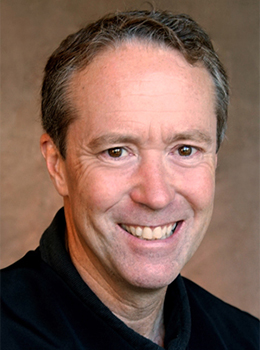
The Honorable Jay Quam
Fourth Judicial District
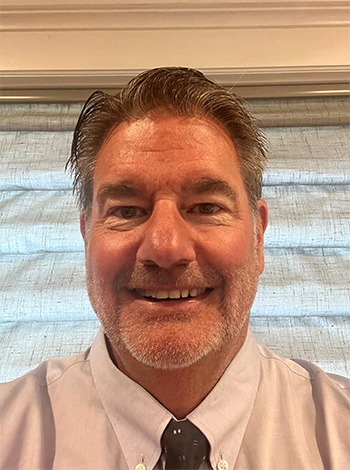
Gregory A. Hanson, PhD, LP
Forensic Psychologist | Direct Care and Treatment, St. Peter
Minnesota Department of Human Services
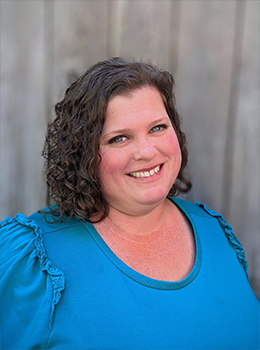
Jayme Christoffersen Cebi, DO
Forensic Fellow